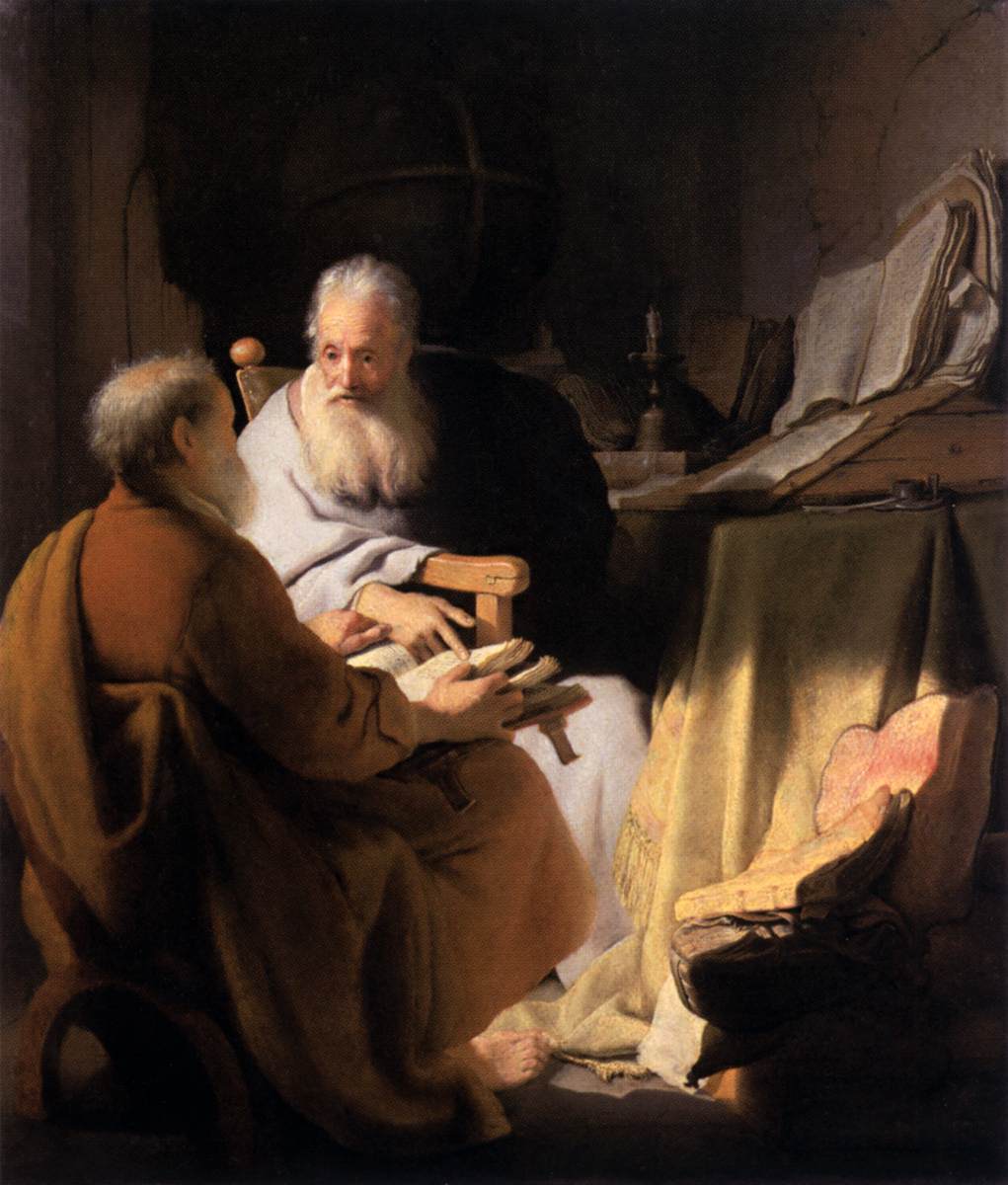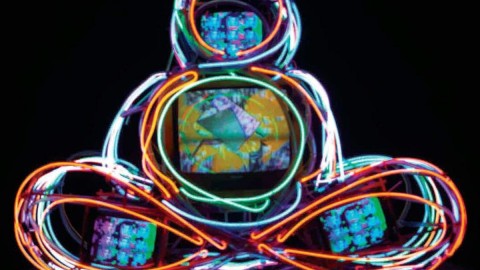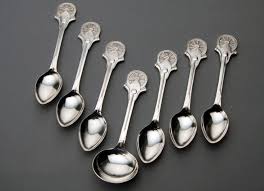Once three scholars on the way to the civil service examination stopped to buy refreshments from a woman who sold pastries by the wayside. One man was calm and quiet, while the other two argued over literature.
The woman asked where they were going. The latter two told her they were going to take the civil service examination. She said, “You two scholars won’t pass the exam: that other man will.” The two men swore at her and left.
When the results of the examination turned out as the woman had predicted, the two scholars who had failed went back to find out how she had known they would not pass, while the third man would.
They asked her if she knew physiognomy. “No,” she said, “all I know is that when a pastry is thoroughly cooked, it sits there quietly, but before it’s finished it keeps on making noise.”
Respond
Not knowing is not ignorance; not knowing is a state of innocence. There is neither knowledge nor ignorance; both have been transcended.
The third person was sitting as if he didn’t know anything. He was silent. While the other two persons were busy discussing what they know, how knowledgeable they are.
The ignorant person is one who goes on ignoring something essential. In that way the knowledgeable scholar is the most ignorant person, because he knows about all the other things but he knows nothing about himself or who he is. He is keeping himself occupied with the non-essential. He is full of knowledge, yet utterly ignorant. They cannot be silent.
Not knowing simply means a state of ‘No-mind’. Mind can be knowledgeable, the mind can be ignorant. If you have less information you are thought to be ignorant; if you have more information you are thought to be knowledgeable. So, between ignorance and knowledge the difference is only that of quantity, of degrees. They are not different, their qualities are not different.
Knowledgeable person is egoist, a person who knows has dropped his ego and knowledge. Like after eating the food we defecate. Similarly a person who knows he uses the information to act but never holds on to it.
Knowledge is introduced to the mind after physical birth. Knowing is always present, like the heart knowing how to beat or a seed knowing how to sprout, or a flower knowing how to grow, or a fish knowing how to swim. It is quite different from knowing about things. So there is a distinction between knowledge and knowing.
The state of not knowing is really the state of knowing because when all knowledge and all ignorance have disappeared you can reflect existence as it is. The more knowledge you acquire, the more and more knowing starts disappearing because it becomes covered with knowledge. Knowledge is exactly like dust and knowing is like a mirror.
Why do both the scholars fail? They were proud of their knowledge. They become noisy about it. While the other person who was silent has also studied, with that he also knows that in the present moment what becomes relevant is to respond.
If you become silent with your information then only you will know how to respond and not to react. This is the reason why the woman could predict who will pass in the examination.
To live life we should know that whenever knowledge is not needed, put it aside and drown yourself into a state of not knowing …which is also a state of real knowing….!
If you know how to drop your knowledge you will know how to respond.
Learning from the story Two Scholars: Respond
Experience Learning
REACTION OR RESPONSE?
Somebody insults you: do you respond or do you react? If you react, you are asleep; if you respond, you are awake.
And what is the difference between reaction and response? – The difference is great.
Once Buddha was being insulted very much by a few people. They were shouting at him, saying all kinds of dirty words to him, and he was standing there listening to them as totally as possible.
After a few minutes they felt frustrated, because he was not saying anything, and one of them asked, “Are you deaf or something? Why don’t you answer?”
Buddha said, “I am answering, but my answer is a response, not a reaction.”
Naturally they asked, “What is the difference between reaction and response?”
And Buddha said, “Sit down and I will explain it to you.”
And the enemies turned into disciples! They were listening to Buddha, sitting silently; listening to what he was saying. They were converted. Buddha said, “If you had come ten years ago, when I was asleep just as you are, I would have reacted. You would have pushed my buttons.”
When you push the button and the fan goes on it is not a response; it is a reaction, it is mechanical. When you push the button and the lights go on or off, it is a reaction not a response. The light, the fan, or any other mechanism, has no freedom to choose; it simply reacts. Response means choice, response means “chosen with consciousness.”
Buddha said, “Ten years ago if you had said these words to me I would have cut off your heads – I used to carry a sword with me. But now I am awake. I listened to your words and I felt deep compassion for you – that you were torturing yourselves unnecessarily. You cannot force me to do something – I am not a machine, now I am a man. You cannot force me to do anything; I act out of my own choice. Hence it is not reaction, it is action, and action is a response. I see the whole situation, then out of my consciousness I act. At this moment I am feeling so compassionate for you, so sorry for you, that I cannot speak the same language that you are speaking to me.”
Man reacts. That’s why Sufis say man is a machine. Unless you start responding, unless you become responsible… Reaction comes out of the past, response comes out of the present moment. Response is spontaneous, reaction is just an old habit.
Just watch yourself. Your woman says something to you, and then whatsoever you say, watch and ponder over it. Is it just a reaction? And you will be surprised, ninety-nine percent of your acts are not acts because they are not responses; they are just mechanical – just mechanical.
It has been happening again and again. You say the same thing and your woman reacts the same way, and then you react, and it ends into the same thing again and again. You know it, she knows it, everything is predictable.
Tags: Awareness Psychology Respond Responsibility Vipassana Watch Yourself










